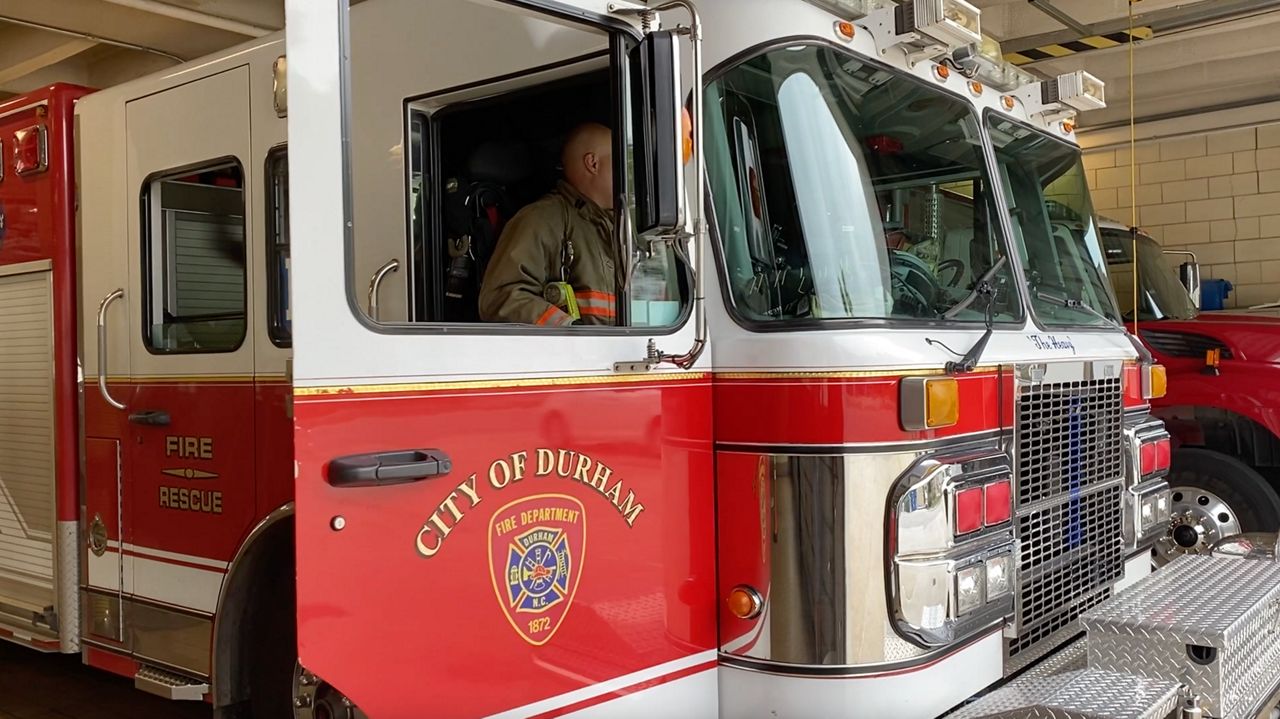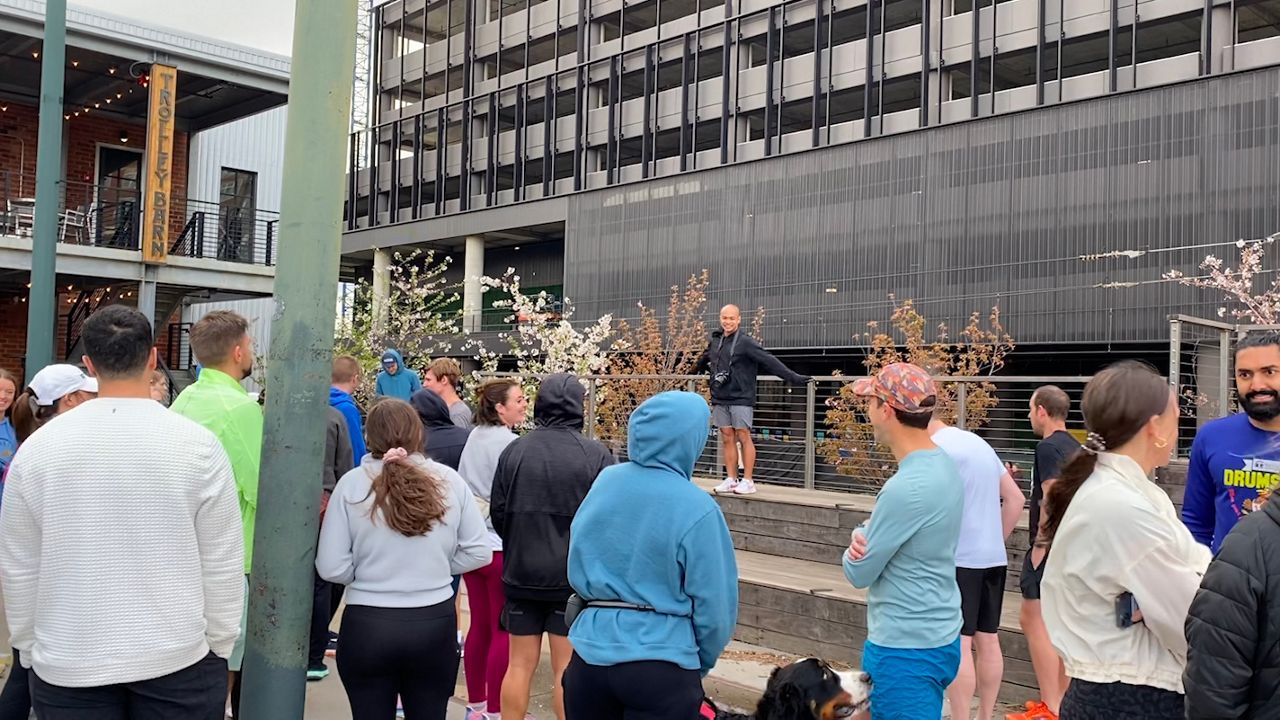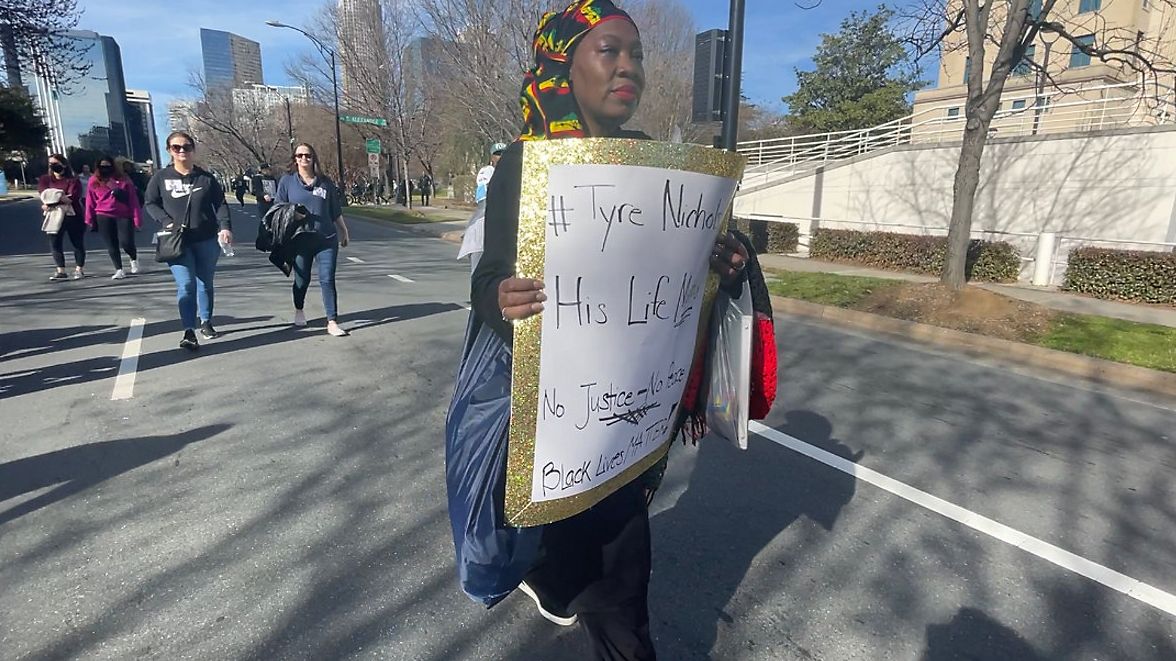RALEIGH, N.C. — According to the Anti-Defamation League’s latest data, reports of antisemitic incidents across the country were at an all-time high in 2022. The organization says there were 3,697 antisemitic incidents reported last year, making it the third time in the past five years that the year-end total has been the highest number ever recorded.
Data from some of the report’s main categories show that antisemitic harassment increased 29% to 2,298, antisemitic vandalism increased 51% to 1,288 and antisemitic assaults increased 26% to 111.
Additionally, the “vast majority” of antisemitic assaults (107 out of 111) were perpetrated without the use of a deadly weapon. The report also says overall, there was one fatality reported and “Notably, visibly Orthodox Jews were targeted in 53% of the assault incidents nationally. This year, no assaults perpetrated against the Jewish community resulted in mass causalities.”
According to the report, 39 antisemitic incidents were reported in North Carolina in 2022, which is an increase from 30 incidents reported in 2021 and 13 incidents reported in 2020.
- The Anti-Defamation League says there were 3,697 antisemitic incidents reported across the U.S. last year
- The organization’s report says antisemitic harassment increased 29%, antisemitic vandalism increased 51% and antisemitic assaults increased 26%
- There were 39 antisemitic incidents reported in North Carolina in 2022
Spectrum News 1 spoke with Phillip Brodsky, the executive director of the Raleigh-Cary Jewish Federation, about the report’s findings.
SPECTRUM NEWS 1: Thank you for taking the time to talk with us today. I know we came to talk with you because the Anti-Defamation League released its annual audit of antisemitic reports, incidents, in 2022 across the country. They said there were 3,697 incidents across the country [in 2022]. They say that's also an all-time high since they began keeping track in 1979. What do you think kind of factors into that increase or that record?
PHILLIP BRODSKY: Well, it's not a record we're proud of. It's hard to say. The Jewish community is very small. We're less than 2% of the population of the United States and if you zoom out that means most people probably have never met a Jewish person. So, number one, a lot of it is ignorance. Number two, stereotypes that are hundreds, if not thousands of years old that have been passed down and have changed as times have evolved. They're still there. The other thing about antisemitism that we find is unique is that you find it on the very, very far right and the very, very far left.
SN1: When incidents, antisemitic incidents, increase what do you think that leads to?
BRODSKY: Well, the increase in antisemitism, I feel like, is a canary in the coal mine. If you start to see an increase in antisemitism, it's not just the Jewish community that's being targeted. It usually goes right along with an increase in other racisms and other hatreds and other groups being targeted. And we've seen that some [the] last several years. We've seen shootings at synagogues. We saw a hostage situation in Texas at a synagogue. We've also seen shootings at LGBT clubs. We've seen the Asian-American community targeted. All of that stuff, I feel like, is coming from the same place. So it's not just the Jewish community that's seeing Jew hatred increase. Other communities are seeing it as well.
SN1: As the executive director of the Raleigh-Cary Jewish Federation, how do you help the community navigate this?
BRODSKY: We're proactive on behalf of the community so we're constantly meeting with local government officials and law enforcement officials. We also work to build allies across the county and also to be an ally for other people too. So one of the biggest things we do is build up that social capital for the Jewish community, but for greater Raleigh overall.
SN1: As this data by the Anti-Defamation League is gathered year after year, what do you think should be done with it? What should the data be used for?
BRODSKY: It’s not a happy thing to see the numbers turning up. And, you know, the Jewish community is very good at seeing what's going on and reporting it. Again, like I mentioned before, having this data about Jewish hatred, it's easy to make the assumption and I think it's right that other communities are being targeted and equally increasing numbers. So having that data, working with other partners, we have to not only work on eliminating Jew hatred here, but hatred against other communities as well. I think that's the most important thing, is that we're all in this together. It's not only a Jewish community problem. It's for all of us to try to eliminate these groups that are acting against the Jewish community and others. Having the data helps us give some legitimacy to the urgency of working together.
Brodsky says one of the most important things we can do is to continue to report hate crimes, against any group or community, to the police. He believes reporting these incidents will help track trends and maybe find solutions as well.







_crop_1)


